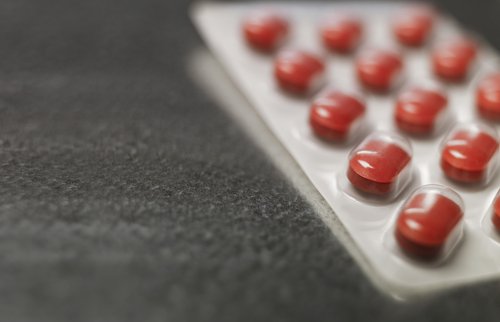A steroid called estetrol that is produced only by a fetus’ liver during pregnancy could be used to treat prostate cancer, either by itself or in combination with other hormone therapies, according to a study.
The findings on estetrol, or E4, were presented at ENDO 2017, the Endocrine Society’s 99th annual scientific meeting.
The study, titled “The Effects of the Human Fetal Estrogen Estetrol (E4) in Healthy Men to Estimate Its Potential Use for the Treatment of Prostate Cancer,” was done by a Dutch research team.
“E4 for the treatment of prostate cancer would offer a new and affordable option compared to current standard and new therapies,” Ellen Dutman, the lead author of the study, said in a press release
Hormone therapy is a standard treatment for patients with prostate cancer. It involves inhibiting testosterone’s pro-tumor effects by reducing its level in the blood.
To evaluate the effects of E4 on testosterone levels, the research team conducted a Phase 1 placebo-controlled trial (NCT02718378). Thirty healthy volunteers 40 to 70 years old received oral E4 in either 20-mg or 40-mg doses, or a placebo, for 28 days.
Both doses reduced testosterone levels. E4 also impacted the levels of two of the three other hormones involved in prostate cancer progression. It reduced levels of FSH, and increased levels of SHBG. Levels of LH remained the same.
Both E4 doses were found to be safe, and the therapy was well tolerated. A decrease in sex drive and nipple tenderness were the most frequently reported side effects.
Overall, E4 reduced testosterone levels as well as other hormone therapies, but not have the side effects associated with the others, including hot flashes and sweating, sleep and cognition disturbances, and bone loss and fractures.
This study is continuing. In the current round, researchers are looking at how higher doses of E4 will affect testosterone levels, and at the safety of those increased doses.
“We expect that in the future, patients with advanced prostate cancer will have the opportunity to choose to be treated with E4, especially in combination with their current therapy,” Dutman said. “The addition of E4 will further improve the efficacy of their current therapy and have a positive impact on the quality of life of the patients.”

